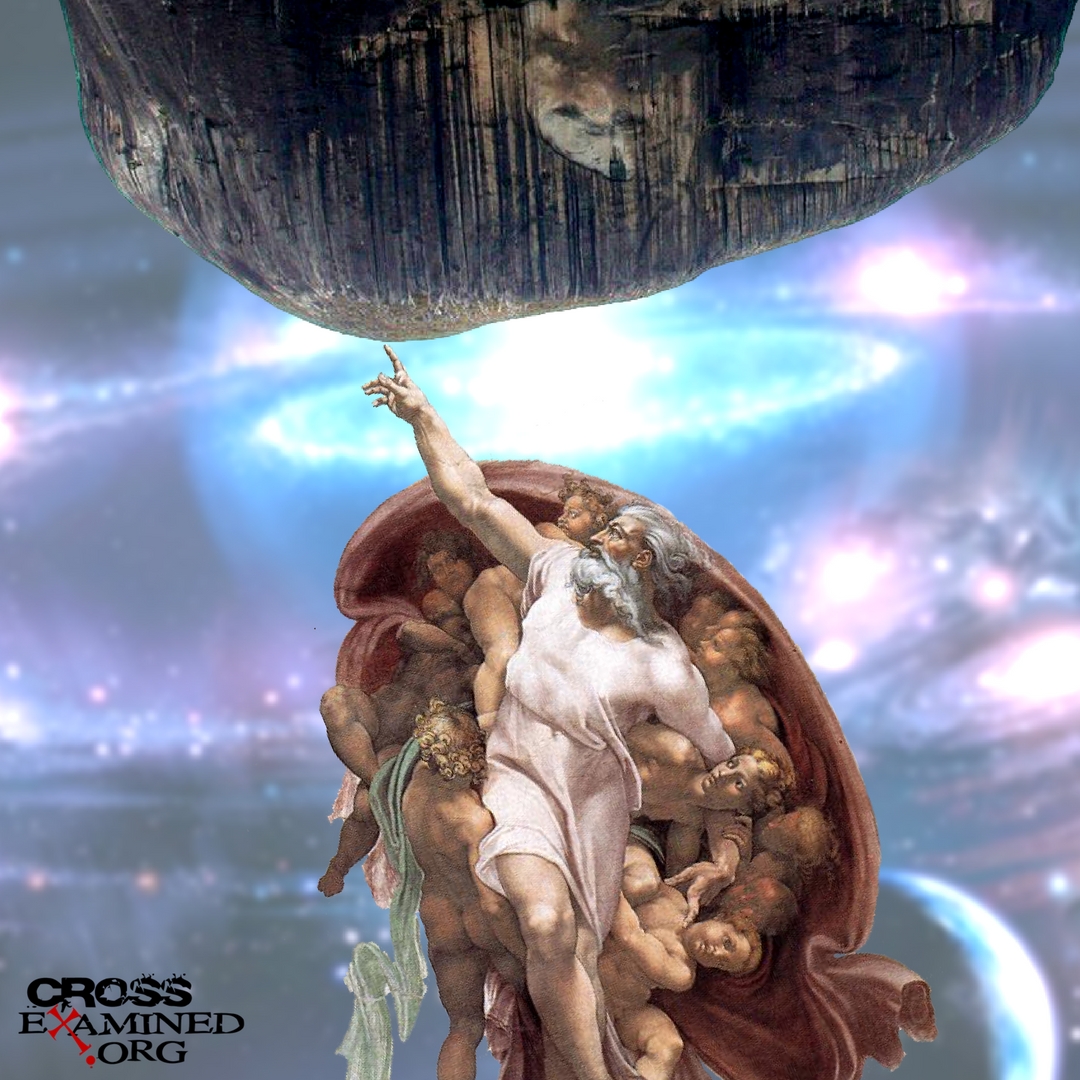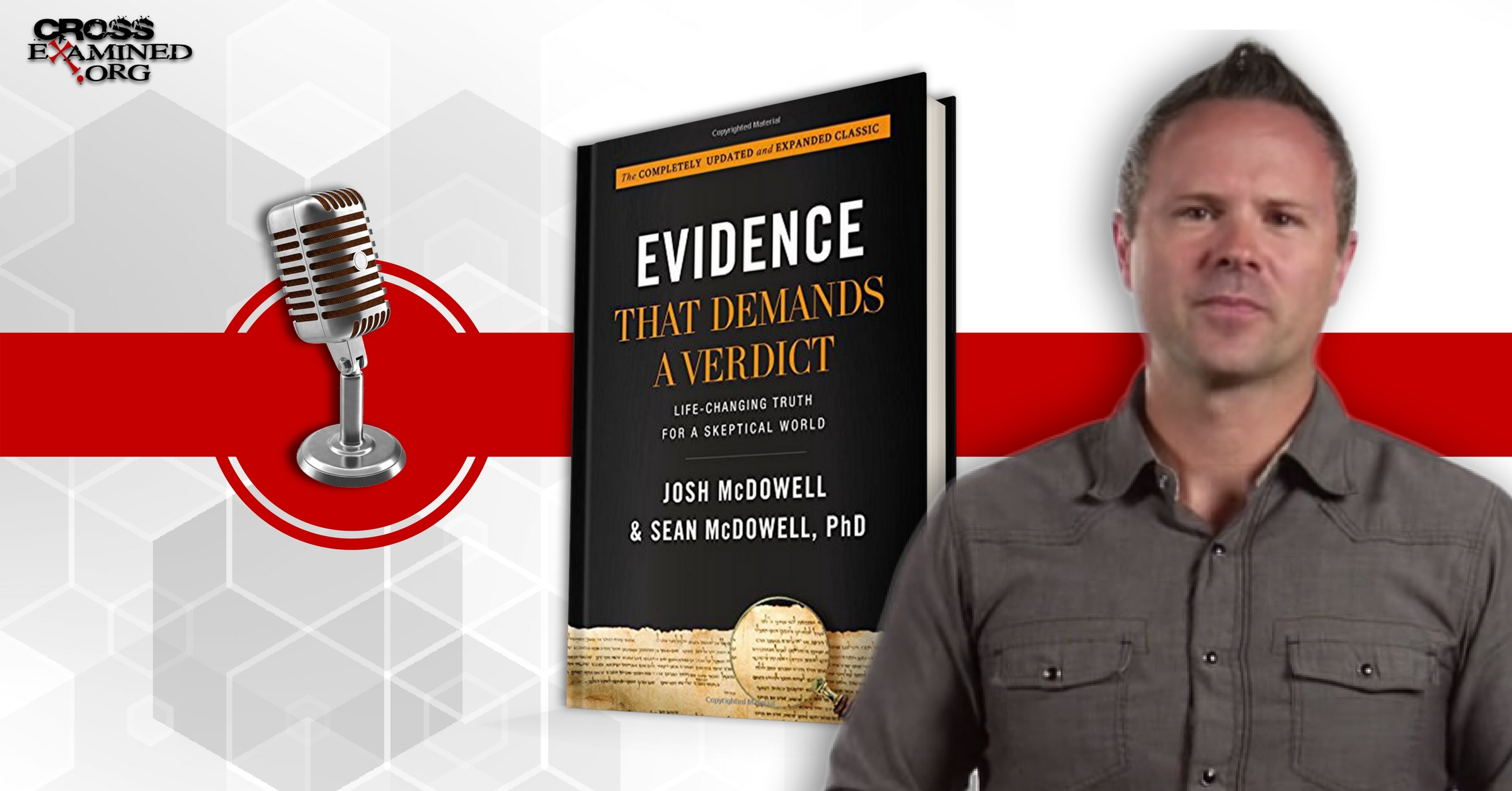Perpetua
Perpetua was born in Carthage (modern day Tunisia) near the end of the second century. Her family of origin was well off and when we first meet her, she is a young wife and mother. The church in Carthage had grown in the century and a half since the resurrection of Jesus. Perpetua had responded to the truth of the Gospel and became a follower of Jesus. When we encounter her in the pages of history, she is a catechumen. This means she was being taught the core tenants of Christianity in preparation for the public declaration of her faith through baptism.
What we know about Perpetua’s early life is limited to these few facts. Were it not for the existence of her own personal diary, we may not have ever heard of Perpetua—the brief details of her life or the story of her death. There are a few things that make this document unique and important. First is the fact that Perpetua is a woman. It is one of the earliest—if not the earliest, preserved writings by a woman in church history. She personally wrote the part documenting her imprisonment, death sentence, and two visions she had while in prison. Another person picked up the project and described the remaining part of the story.[i] While the second author is unidentified, some speculate it was Tertullian—early Christian apologist and author.[ii]
Perpetua – the Visionary
Her written story is also important as it gives us insight into the “popular piety” or contemporary Christian thought and practice of the late second and early third century in North Africa.[iii] We can garner information about the theology of martyrdom that was prevalent at the time. The theology of martyrdom had certain characteristics that Ferguson points out from Perpetua’s visions. At this time, the church believed to be called to be a martyr meant to share in the suffering Jesus experienced and therefore it was a gift to be embraced.
The martyr was seen as a witness. As we see in Perpetua’s diary, there is an audience present when she and others are brought before the authorities to face judgment and sentencing. The conversation occurs between the judge and the one charged but the testimony is overheard by those present. Any declarations of the truth of the gospel during this testimony is seen as an opportunity to spread the news of Christ. The account of her vision also provides insight into the eschatology of the time. It was believed those who died as a martyr immediately entered heaven.[iv]
Perpetua – the Prisoner
It is Perpetua’s own writing that gives us what little information we have about her life before her arrest.[v] She begins her story while in prison. We learn she was arrested along with a handful of other catechumens but was able to be baptized while imprisoned. She describes having her infant son with her and God’s grace upon them both when they were ultimately separated. The reader is introduced to Perpetua’s father. He makes a handful of visits to the prison attempting to persuade his daughter to do what was necessary to save her life. Her father was not a Christian and suggests there is no danger offering a sacrifice to the emperor in exchange for her freedom. Perpetua expresses sorrow over her father’s suffering but is resilient in her commitment to follow Jesus and worship Him along as God.
Perpetua records two visions or dreams. The significance of these for us today was discussed above. The first one occurs before Perpetua and the others are sentenced. She seems to understand from this, she will indeed die because she won’t compromise her commitment to the one true God. The second vision comes the night before she is to face the beasts in the arena. This vision convinces Perpetua she is fighting the devil himself, not animals of the earth.[vi]
Perpetua – the Martyr
Perpetua documents this second vision and is resigned to the fact that she will not write the account of the fight within the arena. She doesn’t assign someone to pick up the task but seems to leave it to whoever might. As mentioned before, some speculate it was Tertullian in part and this is so because there are literary qualities that match two of his other works.[vii] Regardless of who it was, they faithfully continued to tell Perpetua’s story. She and her fellow prisoners were led to the arena to face the animals. While she suffered injury, she was not killed by the beasts but ultimately died by the sword of the gladiator.
Conclusion
Perpetua’s story has had enduring influence throughout church history. Her diary was read in local churches for centuries following her death. St. Augustine, famous church father from a couple centuries later utilized Perpetua’s story in no less than four of his sermons. Her story has value for us today. The academic value–learning about Christian thought and beliefs of second century believers was discussed above. It also allows us to hear the personal testimony from a believer in the earliest centuries of the church.
While not all of us will be called to die for our faith, the temptation to bow to another god is something common to each one of us. It may not be the emperor to which we must consider sacrificing but it might be self, money, career, relationship or more. The one true God is quite clear: we “shall have no other god beside Him.” (Exodus 20:3 CSB)
Footnotes
[i] “The Martyrdom of Saints Perpetua and Felicitas”, https://www.ssfp.org/pdf/The_Martyrdom_of_Saints_Perpetua_and_Felicitas.pdf. (accessed September 22, 2022). This link provides access to an English version of Perpetua’s diary.
[ii] Johannes Quasten, Patrology: The Beginnings of Patristic Literature, Patrology 1 (Notre Dame, IN: Ave Maria Press, 1992), 181.
[iii] Both Ferguson and Quasten address this point. Everett Ferguson, Church History – From Christ to the Pre-Reformation, Second edition (Grand Rapids: Zondervan, 2013), 81-83. Quasten, Patrology, 182.
[iv] Ferguson, Church History, 82-83.
[v] https://www.ssfp.org/pdf/The_Martyrdom_of_Saints_Perpetua_and_Felicitas.pdf
[vi] Ferguson, Church History, 82-83.
[vii] Quasten, Patrology,181.
Recommended resources related to the topic:
Stealing From God by Dr. Frank Turek (Book, 10-Part DVD Set, STUDENT Study Guide, TEACHER Study Guide)
What is God Like? Look to the Heavens by Dr. Frank Turek (DVD and Mp4)
_____________________________________________________________________________________________________________________________________________________
Michelle Johnson is a Ph.D. Candidate in the Theology and Apologetics program at Liberty University. She also earned her M.A. in Theological Studies and her M.Div. in Professional Ministries at Liberty University. Michelle graduated from the University of Minnesota with her undergraduate degrees. She and her husband Steve live in Mankato, Minnesota, where she also serves in women’s ministries. In addition to her love of theology and apologetics, Michelle also has a passion for historical studies, particularly the theology of the Patristics. When she is not spending time reading or writing, Michelle can often be found dreaming of her next travel adventure or enjoying a great cup of coffee. Michelle Johnson serves as the Executive Vice-President and Managing Editor of Bellator Christi Ministries.
Original Blog Source: https://bit.ly/3YfPdEr











